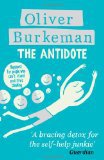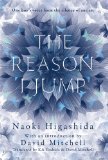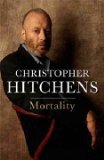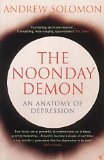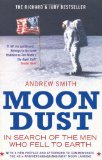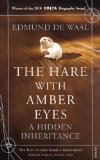Five words from the blurb: solution, happiness, embracing, negative, thinking
I don’t normally read self-help books, but something about this one caught my attention. I loved the way it went against the grain of popular opinion by promoting the power of negative thinking and so I requested a review copy.
The book concentrates on the idea that our society’s habit of seeking happiness is actually making us miserable. It suggests embracing failure, pessimism and uncertainty in order to find happiness in a more realistic way. The book looks at a varied group of people who take this different view of life and shows how it has worked for them.
The great thing about The Antidote is how entertaining the reading experience is. Several sections are very funny and the examples are perfect for sharing with family and friends. I found myself repeating anecdotes from this book on numerous occasions and think I’ll continue to do so for a long time.
The book looks at a range of topics including Buddhist meditation, Stoics, and socities that embrace death, but I particularly liked the chapter on products that had failed:
I laughed when I encountered Goff’s Low Ash Cat Food, with its proud boast, ‘contains only one point five percent ash!’ (As the journalist Neil Steinberg has noted, this is like marketing a line of hot dogs called ‘Few Mouse Hairs’.) Yet several people presumably invested months of their lives in creating that cat food.
Although many examples were light-hearted there was a serious message under the surface. The chapter showing how becoming too focused on goals can be dangerous was unnerving. It gave the example of climbers who die trying to reach the summit of Everest – showing that people can sometimes become so focused on the result that they don’t realise what they risk when trying to achieve it.
I don’t think this book is life changing, but it raises some thought provoking ideas. Recommended to anyone interested in the power of negative thinking!
